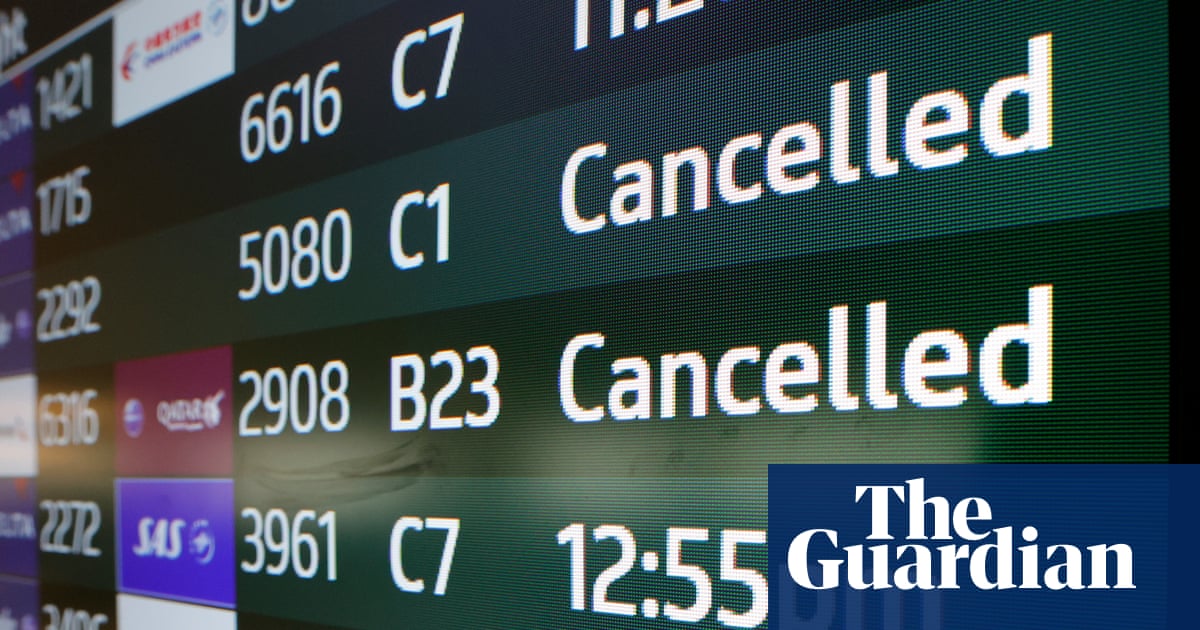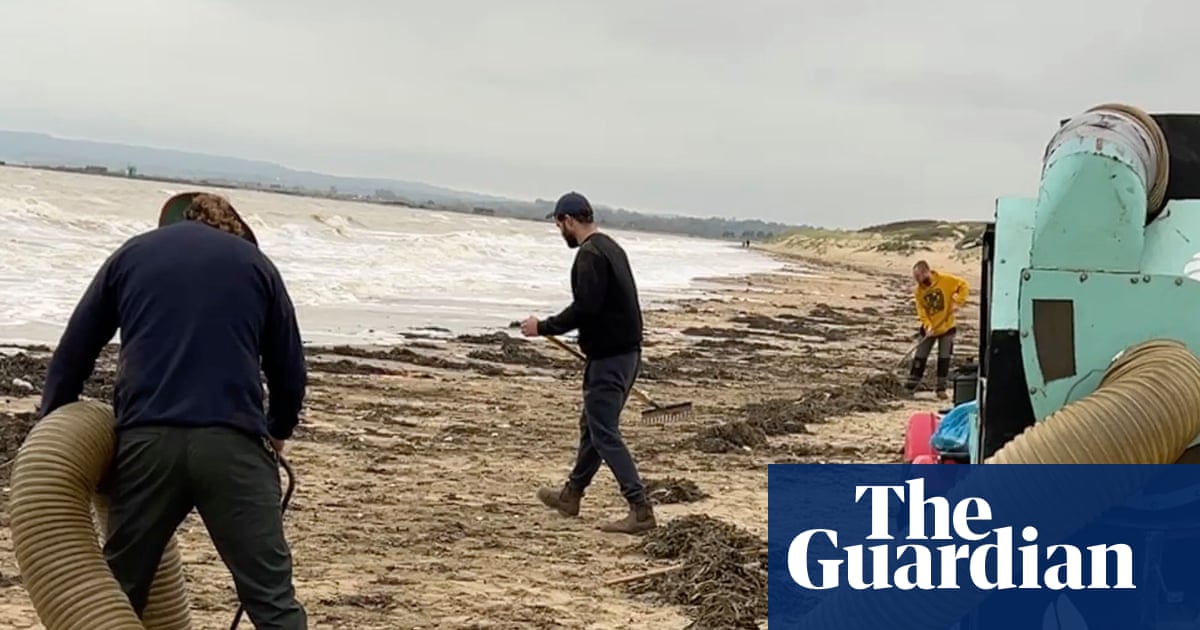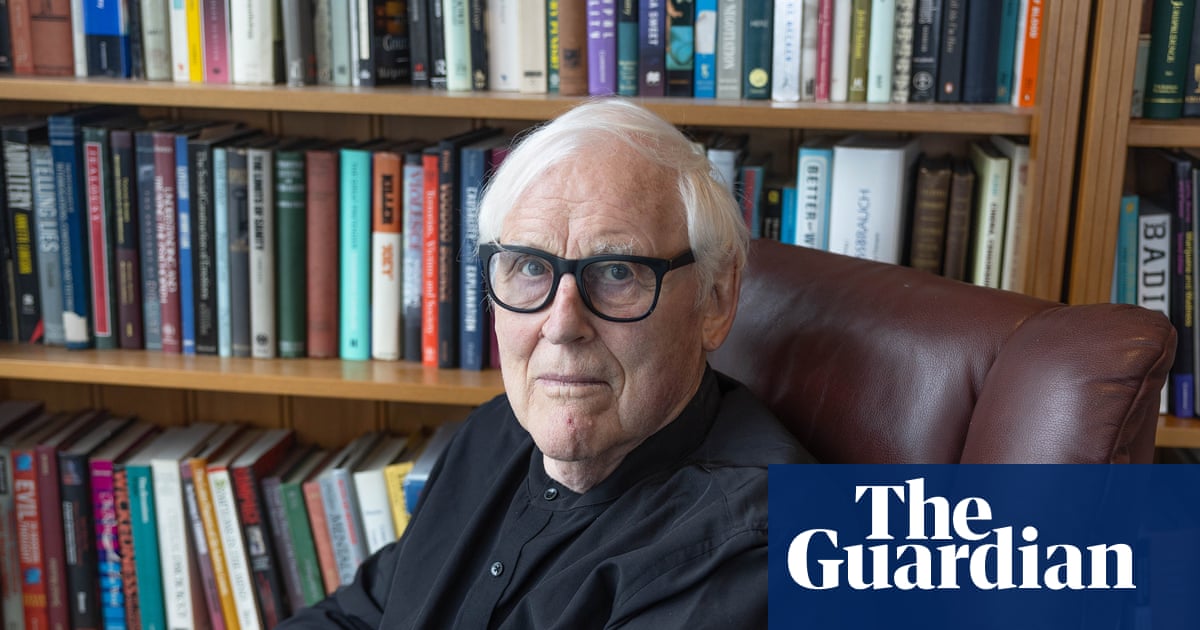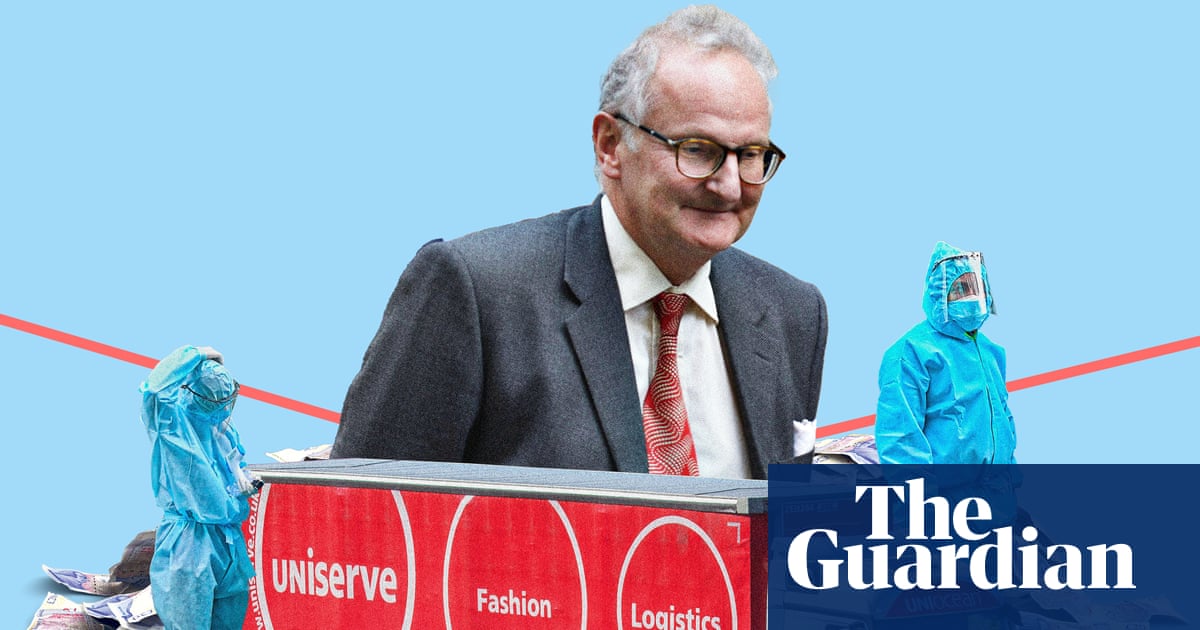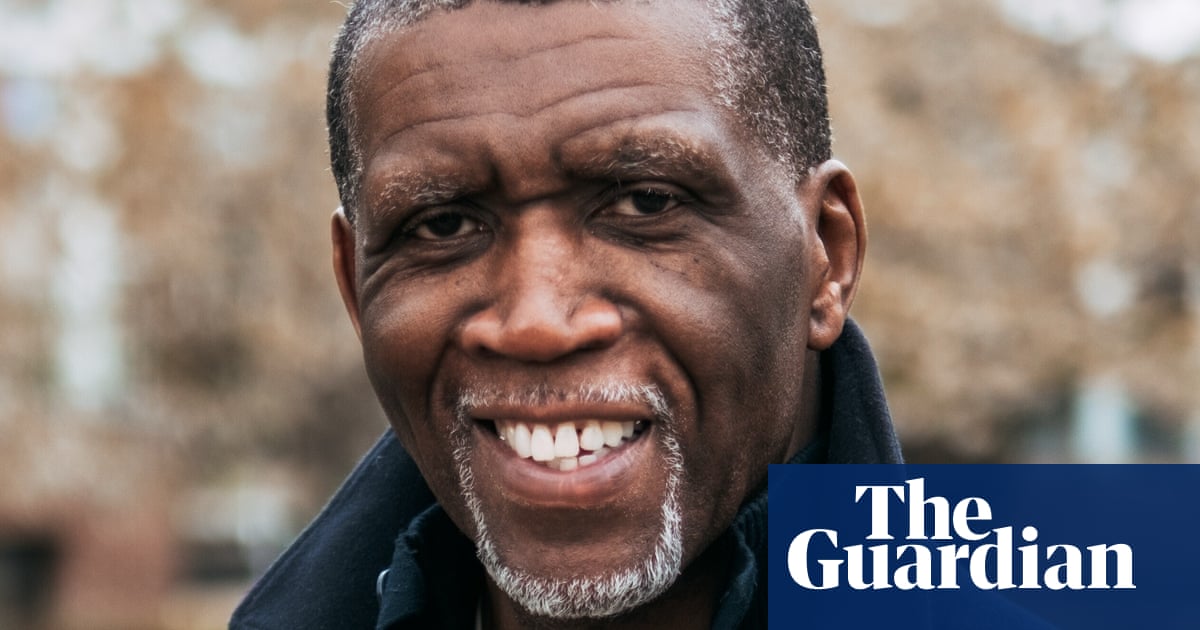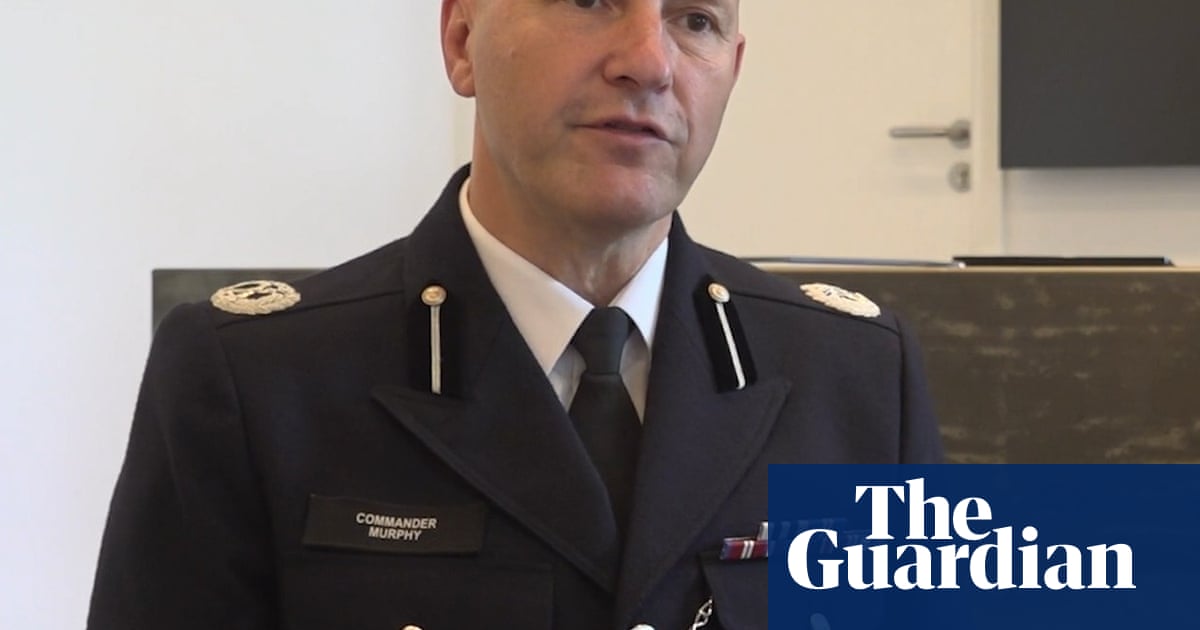The suspect in a deadly car ramming at a packed German Christmas market has written to victims of the rampage in letters sent to their homes with agitated appeals for “forgiveness”, triggering outrage from recipients.
A spokesperson for the prosecutor’s office in the state of Saxony-Anhalt confirmed that at least five people injured in the December attack in Magdeburg that killed six people, including a six-year-old child, had received correspondence this month from the Saudi doctor Taleb al-Abdulmohsen, who is in pretrial detention in Berlin.
The Magdeburger Volksstimme newspaper first reported on the handwritten letters, including their chilling signoff with the formal “Mit freundlichen Grüßen” (with friendly greetings).
“At first we couldn’t believe it,” the newspaper quoted one of the recipients as saying, adding that the letter had triggered horrible memories of the night of the attack.
“We were shocked when we returned from holiday and found the letter in our box,” another addressee told the regional broadcaster MDR. “How can a murderer get the addresses of the survivors?”
A counsellor treating the victims told MDR: “None of those affected with whom I’m in contact is interested in an apology.”
According to local media reports, Abdulmohsen, 50, asked the recipients for “forgiveness” and wished for their recovery, but also included “confused” rants about fellow Saudi asylum seekers similar to complaints he had posted on social media before the car rampage.
He requested visits or responses by letter from the victims or their representatives, adding that they should include in any mail to him a self-addressed stamped envelope.
More than 300 people were hurt, some of them severely, in the car ramming at the festive market on a central square on 20 December.
Abdulmohsen was arrested at the scene of the attack, in which a rented SUV ploughed at high speed through the crowd. Abdulmohsen, a consultant psychiatrist, is being held on suspicion of murder, attempted murder and grievous bodily harm.
It was not immediately clear how he acquired the names and addresses of the victims. Media reports speculated that they may have been included in prosecution files from the investigation made available to defence lawyers.
“We need to check whether the letters could have been held back,” said the regional MP Kerstin Godenrath, who is leading the state parliamentary inquiry into the attack, arguing that the correspondence amounted to a “retraumatising” of the victims.
The national victims’ assistance organisation Weißer Ring criticised the authorities’ approach, with its managing director, Bianca Biwer, telling the news outlet Der Spiegel that it showed “no sympathy for the victims”.
Biwer described the letters as a violation by arriving at their homes. “It puts the victims at the mercy of the perpetrator,” she said, noting that many criminal suspects hoped through such contact to reduce their sentences by demonstrating regret.
Spiegel said the prosecutor’s office had been monitoring Abdulmohsen’s mail but that it had wanted the addressees to be able to decide for themselves whether to read the letters, which it said were enclosed in a separate sealed envelope with an advisory about its content.
However a prosecutor’s office spokesperson said it had since changed its policy and that if Abdulmohsen intended to send further correspondence “we will hold back these letters and inform victims (by telephone) that he has written”. If the addressees did not want to receive the letters, their wishes would be respected.
The German government’s ombudsman for victims’ rights, Roland Weber, said the law should be changed to restrict the sharing of such contact information, telling the news agency DPA that the current policy “completely disregards protection of victims”.
Abdulmohsen had in repeated online posts before the attack voiced strongly anti-Islam views, anger at German authorities and support for far-right conspiracy theory narratives on the “Islamisation” of Europe.
The attack two months before Germany’s general election fuelled an already bitter debate on immigration and security with the far-right AfD party gaining in support.

.png) 3 months ago
30
3 months ago
30


